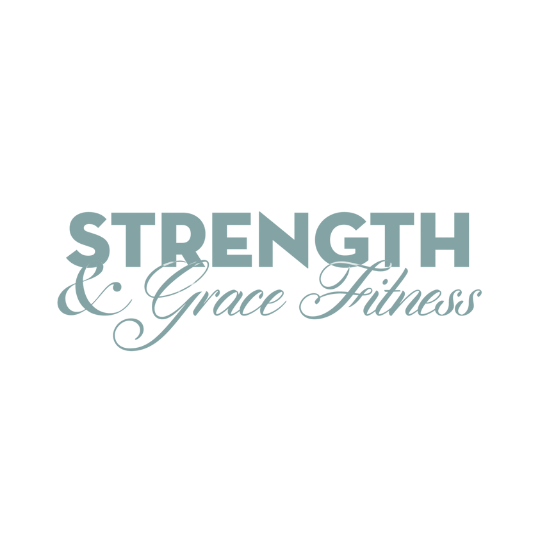Alcohol & Perimenopause: Why That Glass of Wine Hits Different Now! Let’s be honest: there’s nothing wrong with enjoying a glass of wine at dinner or a cocktail out with friends. But if you’ve hit your 40s and started wondering, “Why do I feel so awful the next day—even after just one drink?” — you’re not imagining things.
Perimenopause is a time of shifting hormones, and those changes can make alcohol affect your body in ways it never did before. Suddenly, what used to be a simple indulgence becomes a trigger for poor sleep, mood swings, sugar cravings, and even hot flashes. Let’s break down why this happens and how you can still enjoy a drink without throwing your whole system out of whack.
The Hormone-Alcohol Connection
In perimenopause, estrogen and progesterone levels start to fluctuate and eventually decline. These changes impact everything from your metabolism to your mood — and yes, how your body processes alcohol.
Here’s how alcohol and hormones interact:
1. Estrogen dominance + alcohol = extra stress
During perimenopause, many women become estrogen dominant — meaning estrogen is high in comparison to progesterone. Alcohol can increase estrogen levels further, adding more pressure on your liver and disrupting hormone balance even more. You can read more about Estrogen Dominance [HERE].
2. Alcohol impacts your blood sugar and cortisol
Alcohol raises cortisol (your stress hormone) and causes a quick rise — and fall — in blood sugar. The result? You may feel anxious, irritable, or wide awake at 3am, even if you fell asleep easily at first. Over time, this can lead to adrenal burnout and leave you feeling wired but exhausted.
3. The liver is already working overtime
As your body works hard to detox excess hormones, adding alcohol can burden your liver even more. If your liver is sluggish, it won’t clear out used-up estrogen efficiently — and that can worsen PMS, hot flashes, and bloating.
4. Your sleep gets disrupted
Alcohol might knock you out initially, but it prevents your body from entering deep REM sleep. Combine that with hormone-related insomnia or night sweats, and your sleep quality can really take a hit.
Real Talk: How Alcohol Affects You Differently Now
- Trouble falling or staying asleep
- Waking up hot, sweaty, or anxious
- More intense PMS or period symptoms
- Mood swings or irritability
- Sugar cravings or energy crashes the next day
- Digestive upset or bloating
Sound familiar? You’re not alone — and it doesn’t mean you have to give up alcohol forever.
How to Still Enjoy Alcohol (Without the Fallout)
No shame here — you can still enjoy a drink if you’re smart about it. The key is knowing what your body needs to stay balanced.
Eat protein and healthy fats before drinking.
Never drink on an empty stomach. Having a meal or snack with protein and fat slows alcohol absorption and supports more stable blood sugar.
Hydrate like it’s your job.
For every alcoholic beverage, drink a full glass of water — before, during, and after. This helps your liver detox and supports your hormones.
Stick to one (seriously).
I know it’s not what you want to hear — but one drink is typically all your perimenopausal body can handle without next-day side effects. If you go beyond that, just know the hot flashes and “hangxiety” may be coming.
Choose clean drinks.
Opt for lower-sugar options like dry wine, tequila, or vodka with soda water and fresh citrus. Avoid sugary mixers that spike your insulin and mess with your gut. See our top choice [HERE].
Skip alcohol when your hormones are already loud.
If you’re in the middle of a hormone storm — bloating, moodiness, cramps, hot flashes — alcohol is only going to turn up the volume. Honor what your body needs most in that moment.
You Deserve to Feel Good
Perimenopause is a powerful transition — not a punishment. Understanding how alcohol interacts with your shifting hormones gives you agency, not restriction. It’s not about cutting everything out — it’s about making smarter choices so you can feel energized, clear-headed, and balanced.
And remember, this is about you. Not perfection. Not rules. Just more self-awareness so you can enjoy life and feel amazing.
Want more support on your hormone balance journey?
That’s exactly why we created our programs at Strength & Grace Fitness — to help women over 40 feel strong, confident, and connected to their bodies again.
Because the truth is: you don’t need to suffer through these changes. You just need the right tools (and a little community magic 😉).
Want to Learn More?
Here are a few references you can check out or link to:
The North American Menopause Society | Harvard Health on Women and Alcohol | Cleveland Clinic: Perimenopause and Lifestyle Factors
